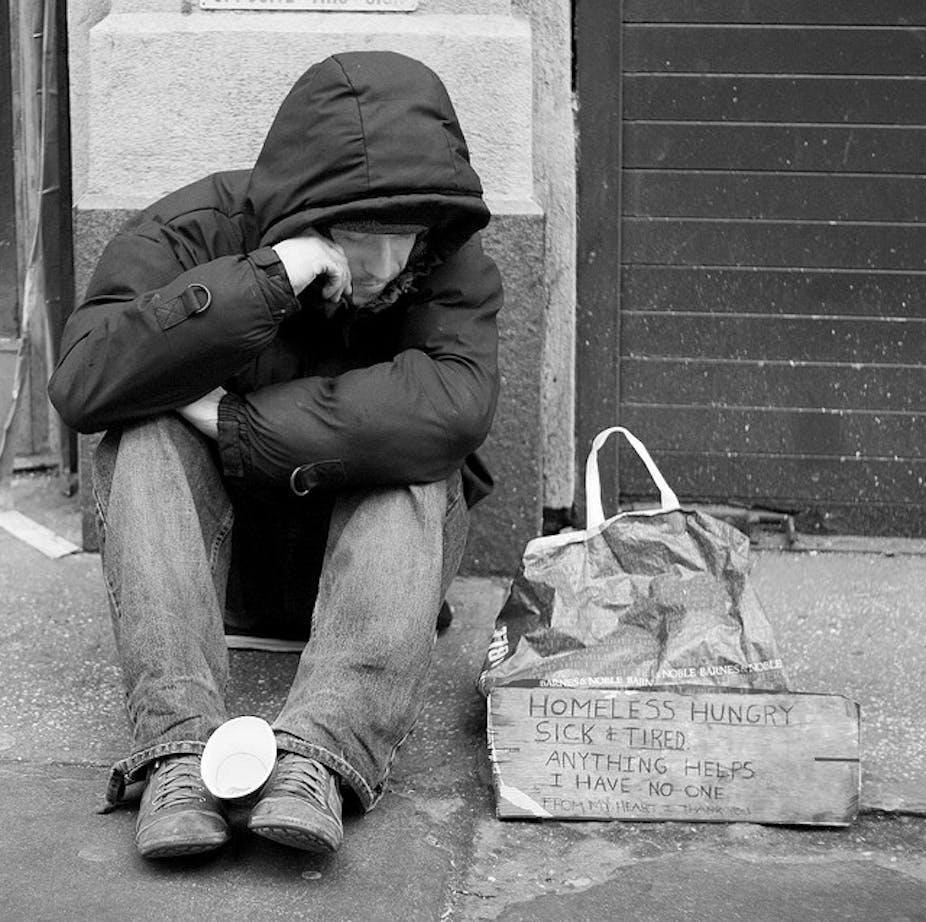Poverty may cause people to focus too narrowly on short term needs at the expense of their long term well-being, a US study has found.
The study, titled Some consequences of having too little and published in the journal Science today, said people with limited resources often borrow too much, play lotteries or engage in behaviours that make it hard to escape poverty.
“We suggest that scarcity changes how people allocate attention: it leads them to engage more deeply in some problems while neglecting others. Across several experiments, we show that scarcity leads to attentional shifts that can help to explain behaviours such as over-borrowing,” said the study, which was led by Anuj Shah, Assistant Professor of Behavioral Science at the University of Chicago’s Booth School of Business.
The experiments involved giving some subjects more resources, such as time or money, than others and then pitting them against each other in game show-like games.
Those who began with fewer resources focused very closely on their choices and became more mentally exhausted as the game progressed. They were also more likely to borrow more and get into debt. The “rich” players consistently beat the “poor” players.
The study’s authors said the results showed having fewer resources may lead people to concentrate so much on their short-term choices they do not pay enough attention to long-term outcomes.
However, sociology expert Eva Cox from the University of Technology Sydney advised caution in interpreting the study’s results.
“I always am wary when people use game simulations to make deep statements on human behaviour because of the artificiality of the simulations,” she said.
“In this case, they have two major factors that affect the process that seem almost contradictory. One is defining some participants as "poor”, the other is giving them worse conditions in the game [such as less time]. So how do they determine which factor affected their “choices”? Is it scarcity and poverty combined? Or would the poor be equally cautious without scarcity?“
"Maybe the results offer an indicator of possible related causes for more targeted research but are hardly proof or even strong indications of causality,” she said.
Ben Spies-Butcher, Lecturer in Economy and Society, Department of Sociology at Macquarie University, said the study highlighted how demanding it is to be poor and that “small errors in financial planning have large costs, so it’s stressful and time consuming.”
“In terms of policy, there is a growing emphasis on assisting those on low incomes with financial knowledge and planning. This can be useful but often the issues are about adequacy and simplicity,” said Dr Spies-Butcher.
“Hearing stories from those working in some of these programs, it’s clear that sometimes people just don’t have enough money to get by - even when they plan very well (and indeed better than many higher income earners). It’s another reminder of the urgent need to ensure basic income payments, like Newstart, are adequate.”
Forcing those on low incomes to engage with complex financial products that only affect the distant future, rather than their immediate needs, can be counter productive, especially for policies around superannuation and banking products, he said.
“It shows that having basic, low-risk and low-fee products is really important or, indeed, simply providing default universal public options.”
Professor Peter Whiteford from the Crawford School of Public Policy at the Australian National University said some of the study’s findings may not translate to Australian conditions.
“Most other countries have assistance systems that penalise savings much more than in Australia, and my reading of the literature on debt is that the largest debts are held by high income households, not poor households,” he said.

